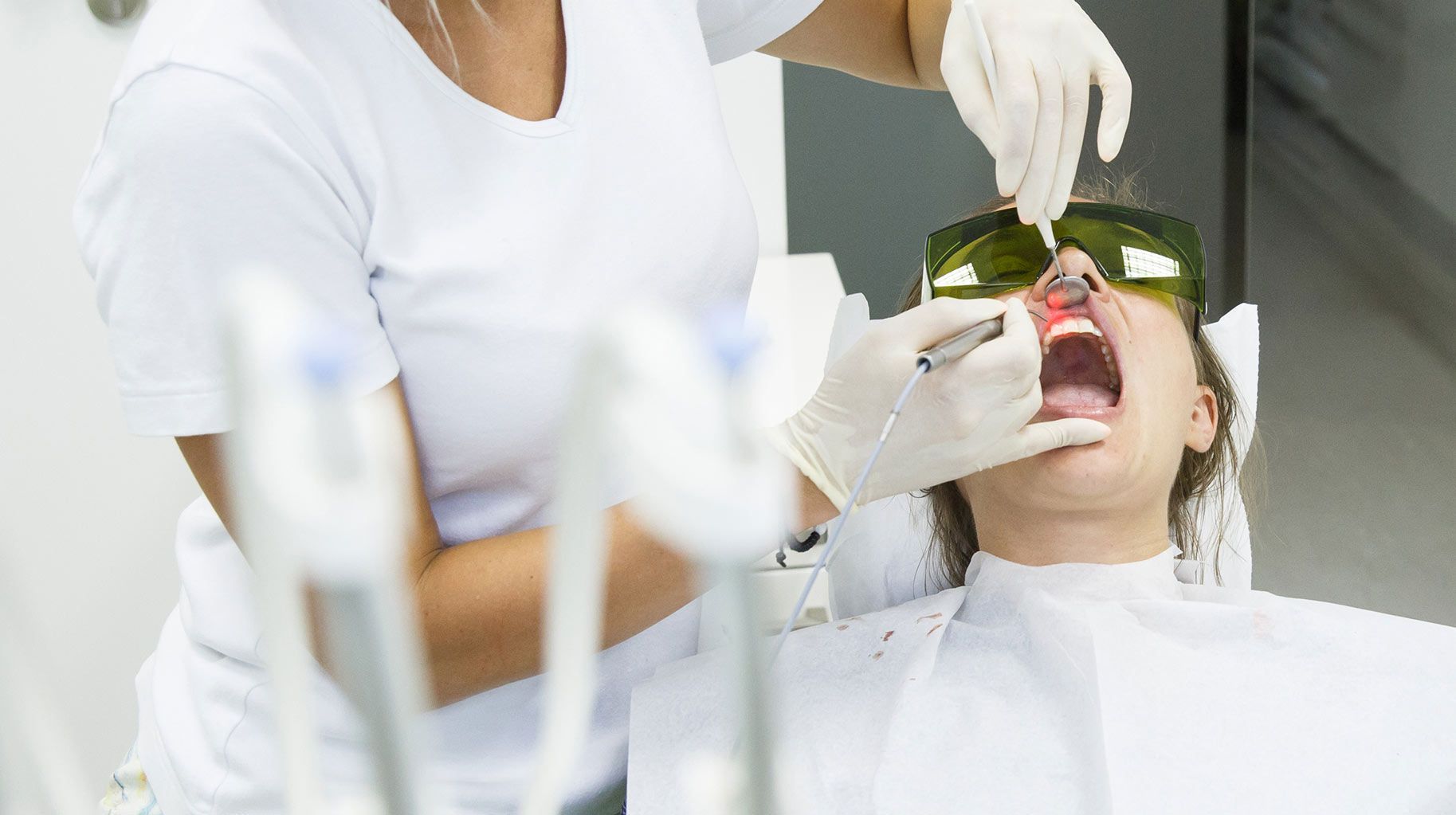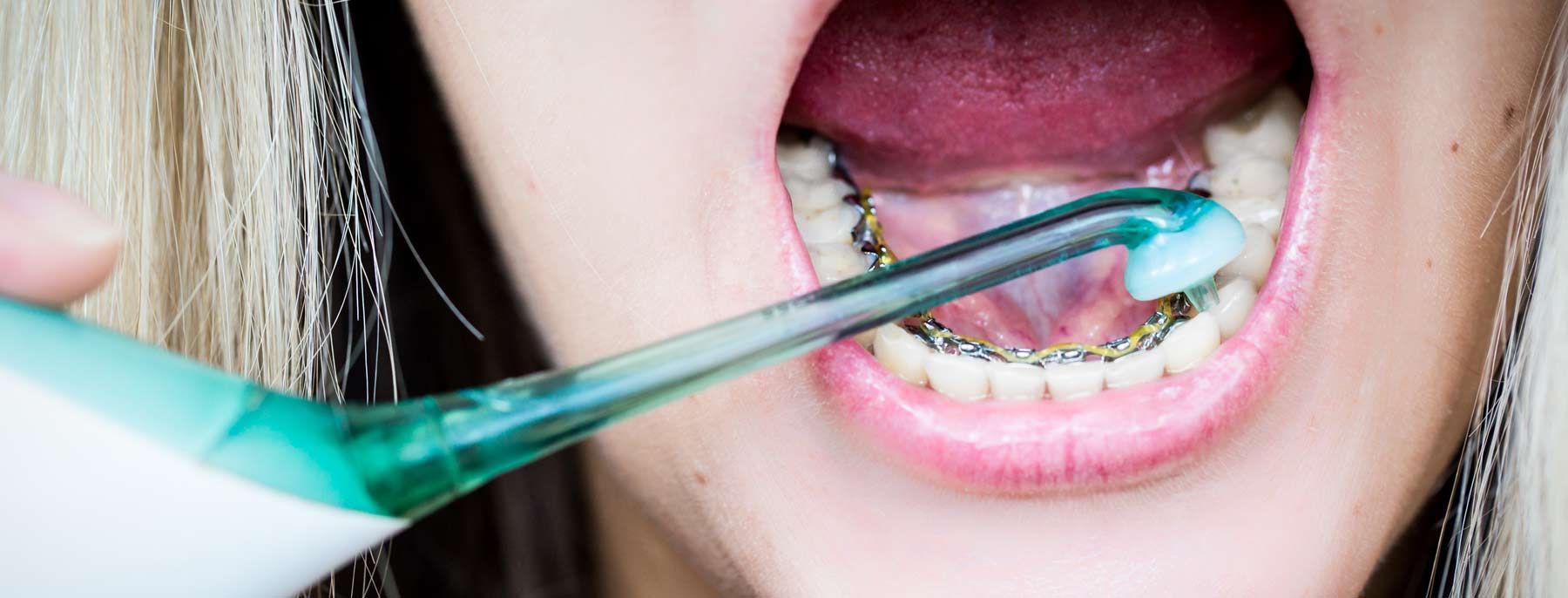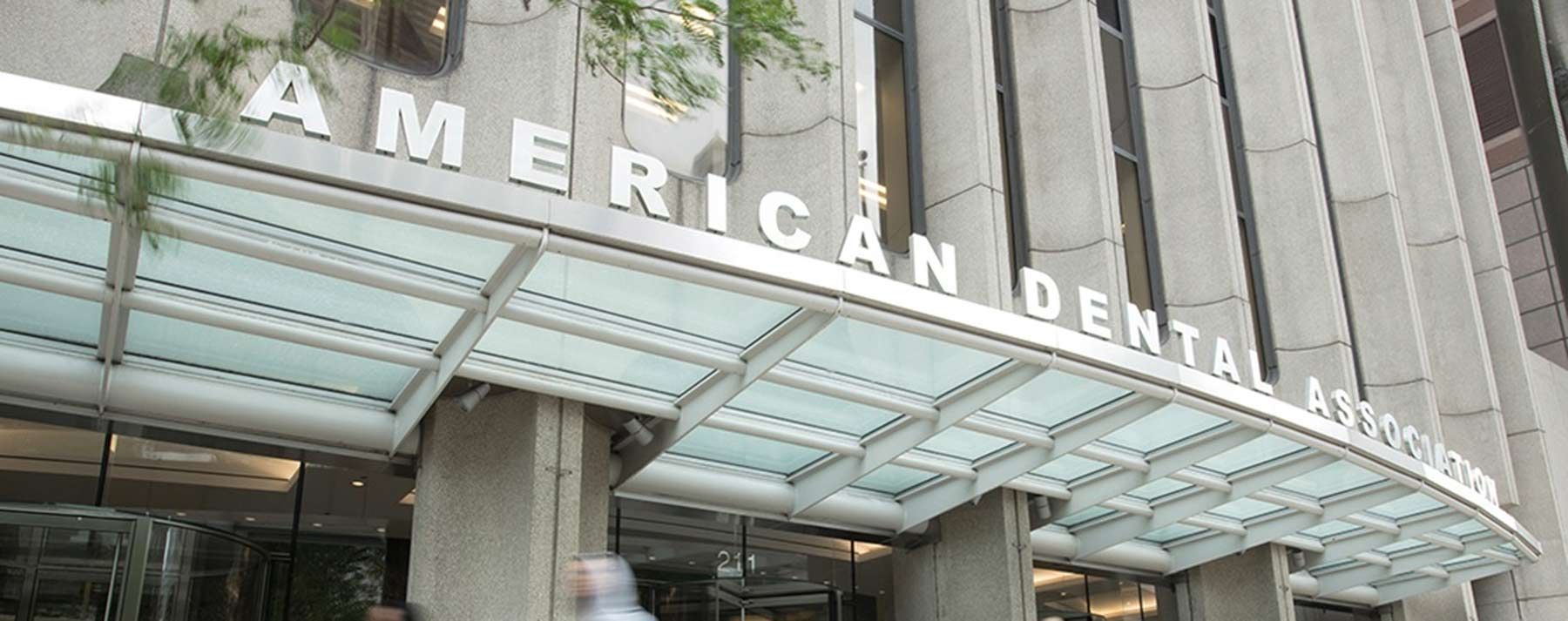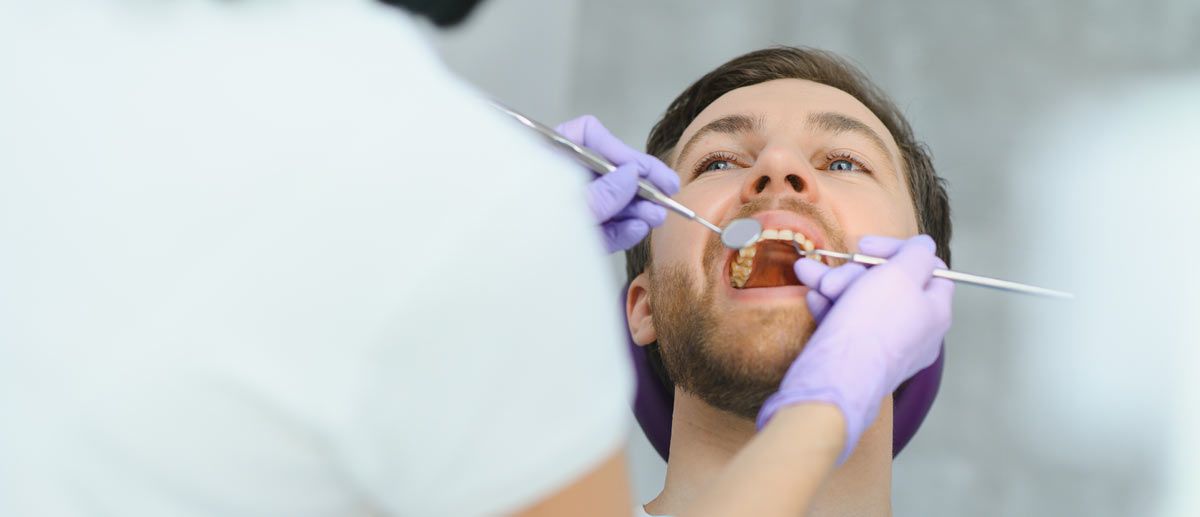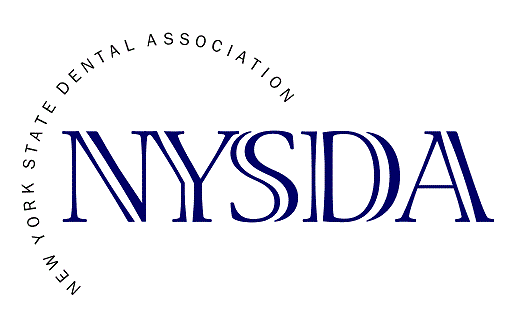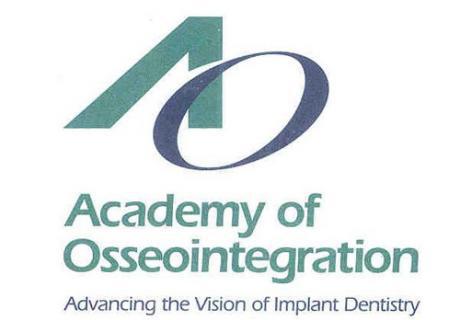Bleeding Gums, Is it a Big Deal?
When To Be Concerned About Bleeding Gums from Dr. Stephanie Sfiroudis, Leading Nassau County Periodontist
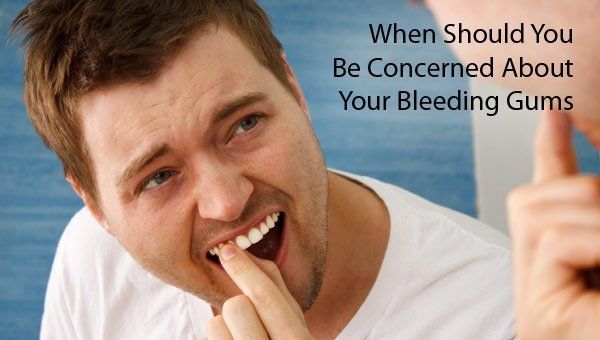
It's happened to us all at some point or another. Whether from dental work or eating the wrong food, the experience of bleeding from the gums is certainly not too terribly uncommon. However, this can be a worrisome event, and it's quite natural to become concerned. When is it a big deal and when is it not? Should I be concerned if my gums do bleed?
Benign Bleeding, Defining Normal
To begin answering this question, acknowledgment must be given that we are all different. Each mouth is more or less sensitive, shaped differently, and even chemically composed differently from the next. As a result, defining your mouth as normal or not is often more accurately done by you than by an outsider, unfamiliar with your mouth in its normal or abnormal states. You know your mouth and its individual "normal" better than anyone.
There are a few generalities that can be made concerning normal, benign gum bleeds. One such case is that of tooth brushing or flossing. When you brush your teeth and floss, it is perfectly normal to experience an occasional and very light instance of bleeding. This bleeding should be limited to a small area and the seldom occasion. When limited to these confines, it is no major concern. This is most likely a case of slight irritation or being overly vigorous with the brushing or flossing process.
Another, similar case of the harmless gum bleed is that experienced by way of simple food injury. When eating, food can sometimes get around the teeth, and as the jaw closes during chewing, that food is forced into or painfully against the gum. An example of this would be getting poked in the gum by a hard tortilla chip while chewing. If the damage is very minimal and there is little bleeding, you will probably be fine. However, if this happens regularly, or the bleeding or damage is considerable, the attention of a dentist should immediately be sought.
When To Be Concerned with Bleeding Gums
Outside of serious injuries, these above-mentioned cases of bleeding gums are typically no big concern. They are normal instances that the body overcomes rather quickly. On the other hand, there are cases in which bleeding gums are a symptom of a greater, more serious issue. In such cases, the sufferer should seek professional assistance as soon as able. What kinds of more serious conditions can cause bleeding gums? When is it a sign of greater troubles at hand?
Knowing whether or not your gum bleeds are of concern has much to do with frequency. Is the bleeding occurring regularly or more frequently than in the past? Are there more frequent feelings of sensitivity or pain than ever before? Additionally, check for any visible abnormalities in color, texture, or prior appearance in general. If you are beginning to experience such problems, it is likely a warning sign best heeded. If they are occurring with much greater frequency, this is also a sign to seek medical guidance.
Concerning Conditions Associated With Bleeding Gums
Knowing when to become concerned and when to be at ease is a great help to anyone that may experience gum bleeding. With this said, there are a number of conditions that it's still good to be aware of that involve bleeding of the gums. Conditions related to this issue can vary greatly in cause, cure, and greater health implications.
Stomatitis
Stomatitis is one health condition that is indicated by gum bleeding. In stomatitis, pain and bleeding may occur in the gums, cheeks, tongue, and even the lips. The condition is considered a form of serious inflammation and surface irritation. It may vary from controllable and minor to less controllable and much more severe. A large number of causes can also bring on this somewhat common condition.
Hemophilia
Hemophilia is a condition that causes the sufferer to excessively bleed at the outset of any damage to the surfaces of the body. Even the most minor abrasions can cause considerable blood loss. Subsequently, the most incidental case of gum contact in the hemophiliac can bring on bleeding. This is a genetic condition and not one to suddenly occur in humans.
Poor Oral Health
While not necessarily a named and official health ailment, poor oral health, in general, is a condition of despair of the mouth and its structure. This condition can cause regular bleeding of the gums and mouth cavity. Typically, poor oral health is a result of poor hygiene but can also be attributed to genetics or untreated injury as well.
To conclude, you know your mouth better than anyone else. If you begin to notice unpleasant changes in it, you will know. If these changes include substantial increases in gum bleeds, you should probably seek medical advice. On the other hand, that occasional food-chewing abrasion or floss or tooth-brushing bleed is usually nothing to be particularly alarmed about.
Please
contact Dr. Stephanie Sfiroudis for a free consultation regarding any questions or concerns about bleeding gums or your periodontal health.

